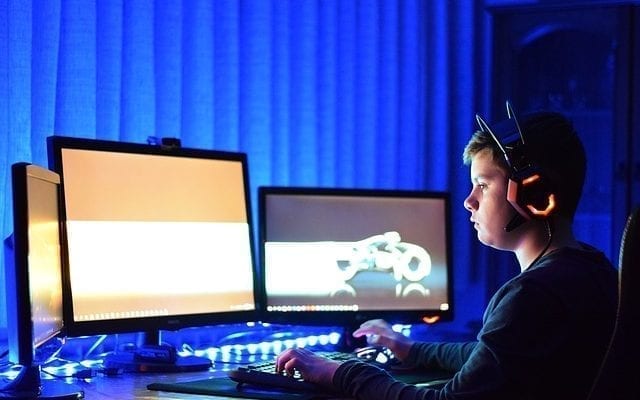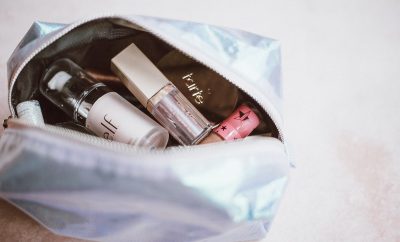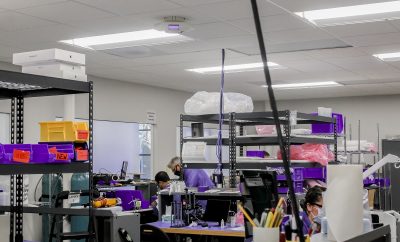
Lifestyle
How Electronics Are Ruining Our Sleep
Our mobile devices have become practically second-nature for us to check, and now we are paying for it in lost sleep. We now live in a world where we are constantly checking our social media, email, and the internet, and we never truly unplug from our digital lives. Poor sleep has been associated with a variety of detrimental health effects, including obesity, diabetes, depression, and other disorders. According to studies, our growing addiction to our electronic devices are only worsening the quantity, and quality, of sleep we’re getting.
 Researchers have shown that self-illuminated devices, including smartphones, e-readers, and tablets, envelop our eyes in blue light, which plays a role in suppressing the levels of melatonin in our brains, making it harder for us to fall asleep. Melatonin essentially tells our body that it is dark out, and that it is time to sleep. Some devices have implemented “night modes”, which shift the light output towards the red spectrum, which is said to be less stimulating than blue light. While this may make a marginal impact on alleviating sleep loss, it is still not a solution to this increasing problem. Simply switching to a night mode on your device or dimming the brightness may have less of an impact, you are still activating your brain.
Researchers have shown that self-illuminated devices, including smartphones, e-readers, and tablets, envelop our eyes in blue light, which plays a role in suppressing the levels of melatonin in our brains, making it harder for us to fall asleep. Melatonin essentially tells our body that it is dark out, and that it is time to sleep. Some devices have implemented “night modes”, which shift the light output towards the red spectrum, which is said to be less stimulating than blue light. While this may make a marginal impact on alleviating sleep loss, it is still not a solution to this increasing problem. Simply switching to a night mode on your device or dimming the brightness may have less of an impact, you are still activating your brain.
This problem is especially prevalent in children, who are now commonly using electronics heavily before bed. While parents may give their children a tablet to calm them down before bed, it is actually disrupting their circadian rhythm, doing more harm than good. This leads to shorter sleeping hours, and more sleepiness during the days. This is present in teenagers and older students as well, where it is common to use electronic devices for homework and studying.
According to a study conducted by researchers at King’s College in London, use of portable devices at night was linked to difficulty falling asleep, difficulty staying asleep, and a lack of enough quality sleep. The studies even concluded that those who didn’t use their devices, but had access to them if they wanted to, still suffered from poor sleep, leading to tiredness the next day.
Mariana Figueiro, the program director of the Lighting Research Center at Rensselaer Polytechnic Institute, said that “If you’re doing something exciting on your phone, you’re still going to be alerted by that. You can use all the filtering you want; you’re still going to be playing games with your brain.”
Experts say that while that poor sleep caused by electronics is a serious problem, the solution is fairly simple: Don’t look at your phone before bedtime. This may sound easier said than done as we live in the digital age, but it still rings true. John Leslie, a post-doctoral candidate studying the effects of sleep on the human brain, said “Simply cutting out mobile device usage 30-45 minutes before can have a substantial impact on the quality of sleep you’re getting. It is unrealistic to ask people to completely cut out their electronics at night time, but doing this can be a realistic way to combat the detrimental effects of blue light on our sleeping patterns.”





0 comments